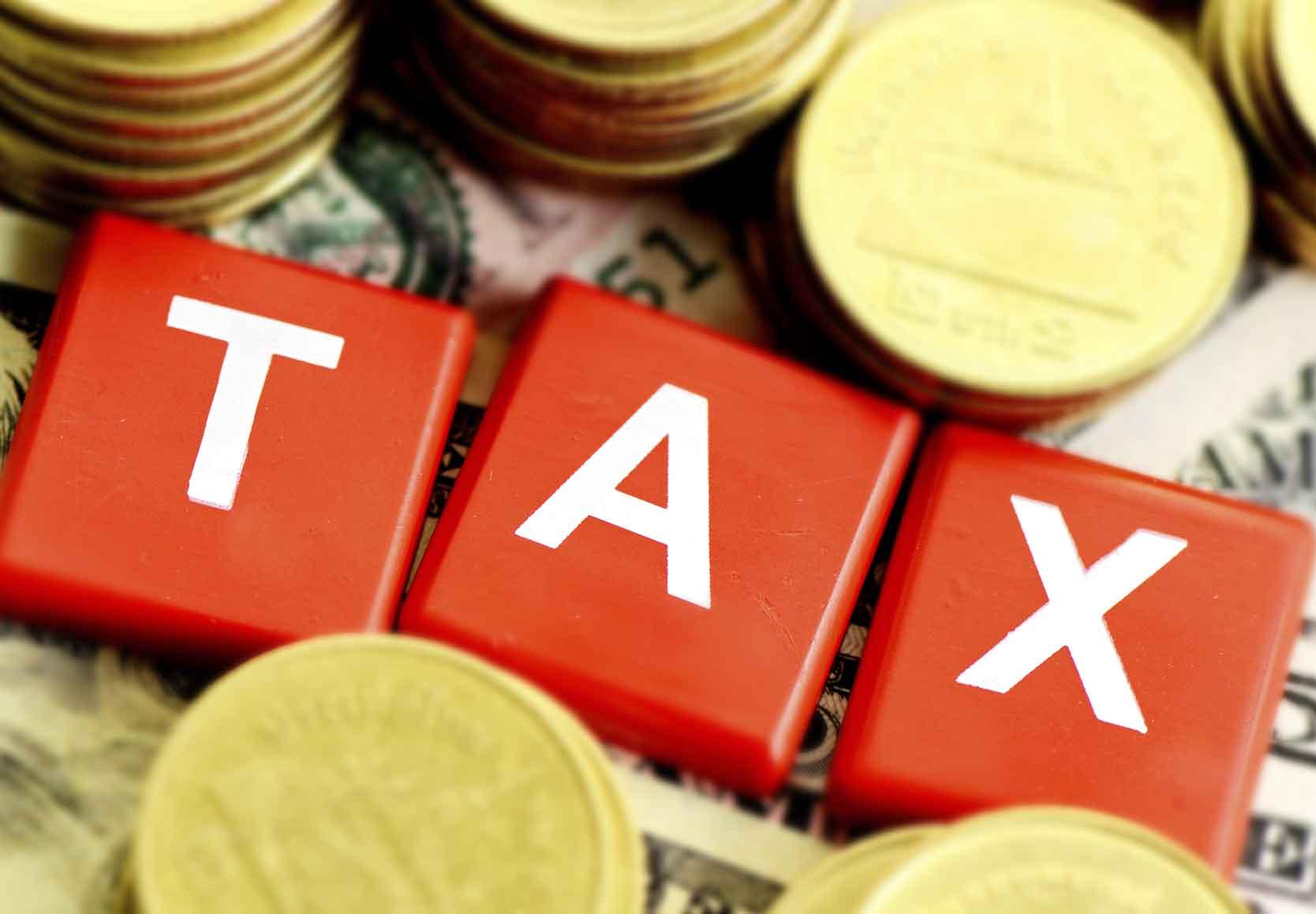The Kuwaiti government has recently submitted a proposal to the National Assembly, requesting the swift ratification of the unified agreement for the selective tax, also known as the “Harmful Goods Tax”. The government aims to expedite the approval of this tax law in Kuwait.
In a letter addressed to the Speaker of the National Assembly, Deputy Prime Minister, Minister of State for Cabinet Affairs, and Minister of State for National Assembly Affairs, Issa Al-Kandari, emphasized the need for urgency and requested the inclusion of the proposal in the agenda for the upcoming session on Tuesday. The proposal also provided a comprehensive presentation of the justifications for urgency, as outlined by Finance Minister Fahd Al-Jarallah.
It is important to note that the ratification of the unified agreement across the Gulf Cooperation Council (GCC) states does not automatically initiate the implementation of the excise tax. Following parliamentary ratification, a draft law must be submitted, which will define the goods subject to the tax and establish the provisions for its application. This draft law will then be discussed in the National Assembly.
The government has emphasized that the excise tax will not have an adverse impact on the cost of living for citizens. Instead, it will be imposed on goods that are deemed harmful to health. In Kuwait, the tax will be limited to four specific goods: tobacco and its derivatives, energy drinks, soft drinks, and sweetened drinks.
Finance Minister Al-Jarallah highlighted the challenges faced by the Kuwaiti market due to the non-implementation of the excise tax. Unlike Kuwait, other GCC states have already imposed this tax, resulting in negative phenomena and economic repercussions. The neighboring countries in the region have witnessed an increase in smuggling of tobacco and its derivatives from Kuwait, as well as a rise in prices from companies selling these products within Kuwait.
Furthermore, Minister Al-Jarallah explained that the implementation of the selective tax will contribute to non-oil revenues for the state. A portion of these revenues can be allocated to addressing the health and social damages resulting from the consumption of these harmful goods.
It is important to note that the excise tax is distinct from the value-added tax (VAT). While VAT affects all goods and services consumed by citizens, with some exceptions, the selective tax specifically targets goods that are detrimental to health. The primary objective of the selective tax is to reduce the consumption of these harmful goods.
The introduction of the selective tax in Kuwait is crucial for aligning with the practices of other GCC states and addressing the challenges faced by the Kuwaiti market. By imposing this tax, the government aims to discourage the consumption of harmful goods, increase non-oil revenues, and mitigate the health and social consequences associated with their consumption.
Source: Government submits proposal to introduce selective tax







